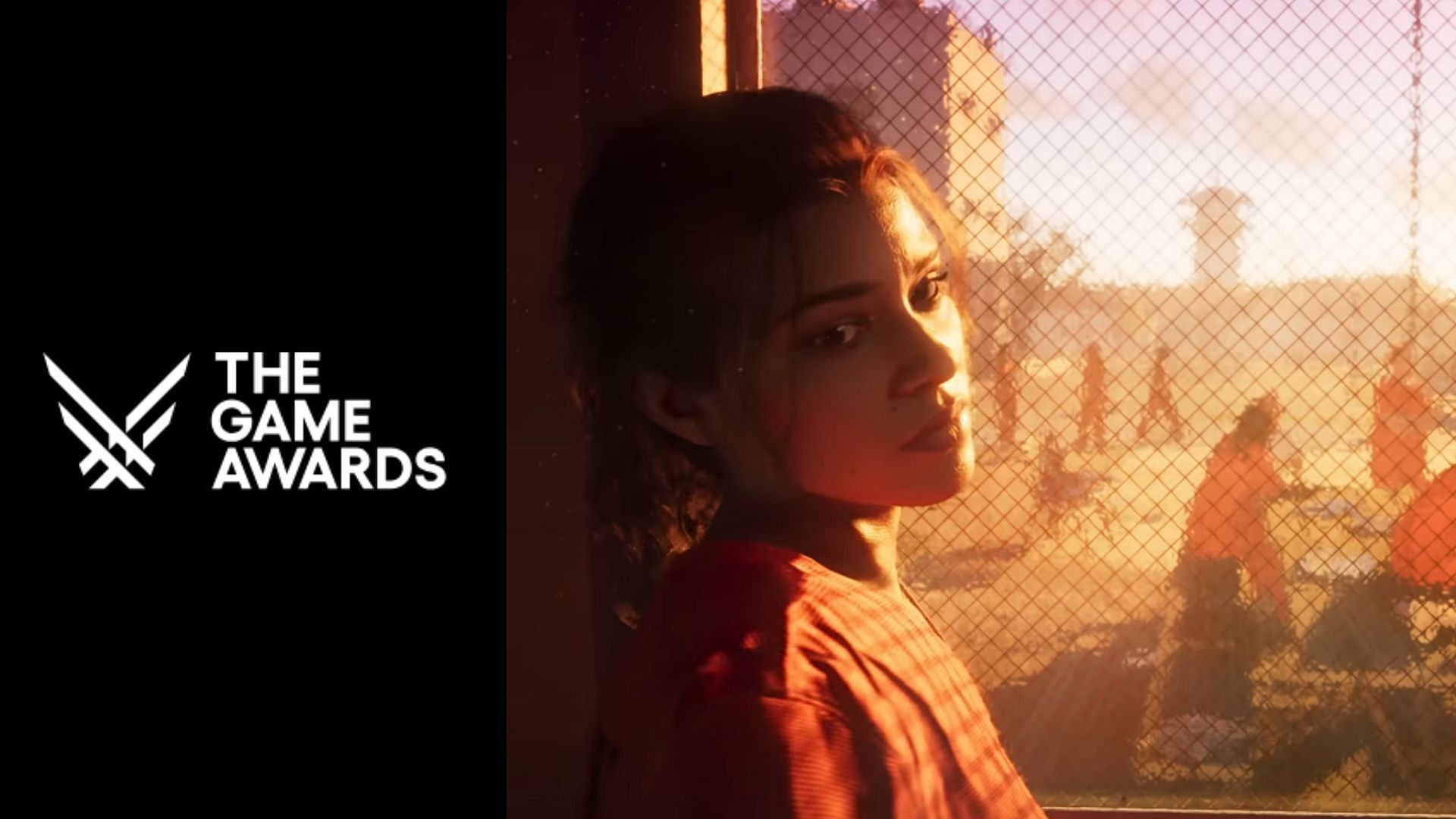
The Game Awards congratulates Rockstar Games for GTA 6 nomination
The Game Awards' official X account, @thegameawards, has just congratulated Rockstar Games for the nomination of GTA 6 in its Most Anticipated Game category. Four more titles have been nominated in this category. They are Kojima Productions/SIE's Death Stranding 2: On The Beach, Sucker Punch Productions/SIE's Ghost of Yotei, Retro Studios/Nintendo's Metroid Prime 4: Beyond, and Capcom's Monster Hunter Wilds.
Fans can visit The Game Awards' official website, log in, and vote for their most anticipated game from the available nominees. The event will be held on December 12, 2024. Notably, this will be the 10th anniversary of this annual event.
Rockstar Games' GTA 6 nominated at The Game Awards in the Most Anticipated Game category
Grand Theft Auto 6 is undoubtedly one of the most anticipated games of all time. Rockstar Games will release the title during Fall 2025, but it has already been nominated in a category at The Game Awards. The reactions to this Game Awards Nominations on social media also show fans' optimism regarding its chances of winning.

It is not only the massive popularity of the Grand Theft Auto franchise that has resulted in so much excitement around this new entry but also the incredibly long time one has had to wait for it. The last fresh installment in the series, Grand Theft Auto 5, was released back in 2013, and it took a decade for a glimpse of its sequel.
That said, only a single trailer has been released for the upcoming title as of this writing, and that too was nearly a year ago (December 5, 2023). This is why fans are now very eager for GTA 6 trailer 2.
Rockstar Games has, unfortunately, not revealed anything at all regarding a second trailer so far. Thankfully, there is Grand Theft Auto Online to help the fanbase stay entertained in the sequel's wait. A GTA Online Winter update will also be released next month, adding some exciting new content to the multiplayer.
Also check: Fans react to GTA 6 trailer 2's November 22 release theory